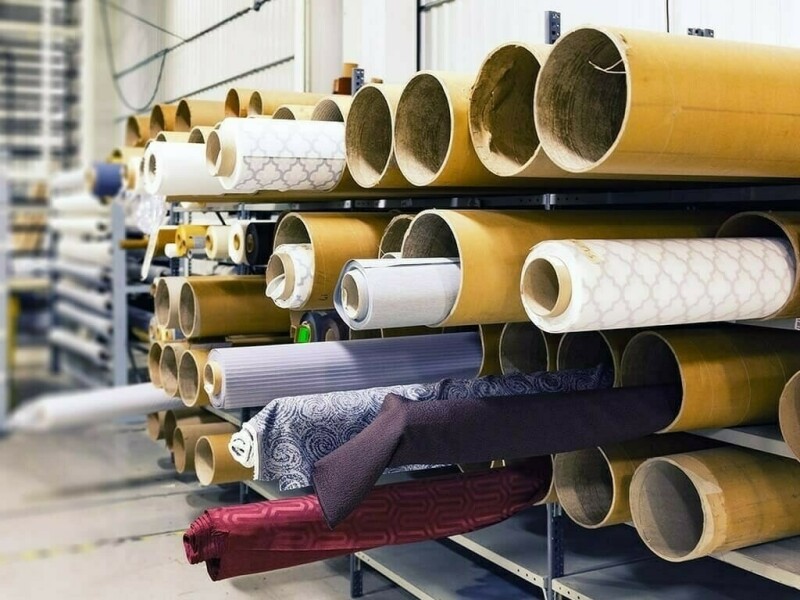KARACHI: The 29th edition of Textile Asia will take place from April 12 to 14, 2025, across seven halls at the Karachi Expo Centre.
More than 650 exhibitors, including leading brands from China, Turkiye, Malaysia, Jordan, Germany, Italy, Japan, and Switzerland will participate in Textile Asia and conferences.
Nasir Hussain Shah, Sindh’s Minister for Energy, Planning, and Development, will attend as the chief guest. The theme of the exhibition is, “The Road to a Value-Added Textile Sector,” underscoring its focus on innovation and industry growth.
The event is expected to draw over 50,000 trade visitors and 550 delegates from more than 17 countries, offering unmatched opportunities for networking and business expansion. With over 650 exhibitors, including leading brands from China, Turkiye, Malaysia, Jordan, Germany, Italy, Japan, and Switzerland, the fair will feature high-level conferences and panel discussions. Industry experts and policymakers will explore critical topics such as digital transformation, the circular economy, and smart textiles.
Uzair Nizam, Project Director of Textile Asia, emphasised the event’s significance, stating: “Textile Asia 2025 is more than just an exhibition — it is a driving force for technological transformation in Pakistan’s textile sector. As the industry navigates challenges like sustainability, automation, and evolving global demands, this event bridges the gap between local manufacturers and international technology leaders. The overwhelming participation of global exhibitors and investors highlights Pakistan’s potential as a key player in the global textile industry.”
As the region’s leading platform for international collaboration and technological advancement, Textile Asia 2025 will showcase the latest innovations in textile machinery, raw materials, digitalization, and sustainable manufacturing. Attendees can also explore B2B networking and investment opportunities, fostering trade agreements and joint ventures.
The event will feature live demonstrations of cutting-edge advancements, including automation, artificial intelligence, and next-gen textile machinery. A key focus will be on sustainability, highlighting eco-friendly materials, energy-efficient processes, and green initiatives shaping the future of textile manufacturing.
Copyright Business Recorder, 2025


